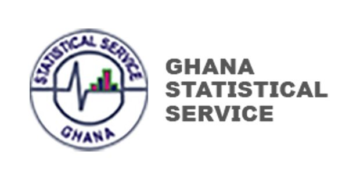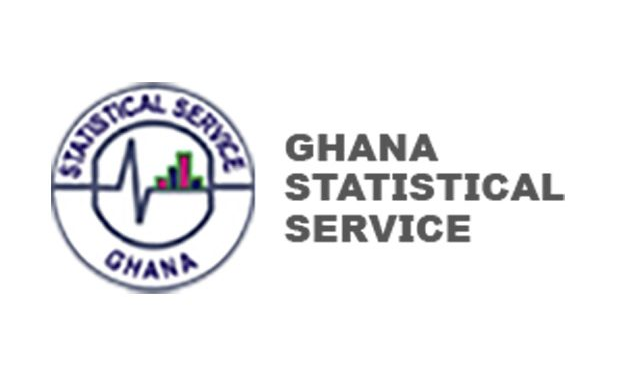Ghana’s population is projected to increase from 30.8 million in 2021 to 52.5 million in 2050 according to the recently released 2021 Population and Housing Census Thematic Report on Population Projections. The projected population in 2050 would be 1.7 times the size of the enumerated population in 2021.
At the regional level, Greater Accra and Ashanti regions are expected to remain the two most populous regions, each with projected populations above 7.5 million by 2050. The Northern, North East and Savannah regions are projected to experience the highest growth rates and their populations are estimated to double by 2050.
The ongoing demographic shifts in the age structure, which have implications for sustainable development, are expected to continue over the next decades. The share of the population 0 to 14 years is projected to decline by 6.3 percentage points from 35.3 percent in 2021 to 29.1 percent in 2050.
Conversely, the share of the population 60 years and older is expected to increase by 4.3 percentage points over the same period (from 6.5 to 10.8 percent).
By the end of the decade (2030), the population is expected to grow to 37.2 million persons, meaning that an estimated 711,706 additional persons, on average will be added to the population annually. The population residing in urban areas is projected to increase by 4.0 percentage points between 2021 and 2030: from 56.7 to 60.7 percent. By 2030, more than half of the 16 regions are expected to be urban. Seven regions (Volta, Oti, Western North, North East, Upper West, Savannah and Upper East) will remain predominantly rural in 2030.
World Population Day is commemorated annually on 11th July to raise awareness of global population challenges. The theme for 2024 is “Embracing the power of inclusive data towards a resilient and equitable future for all”.

































